Frederica Freyberg:
Movement in poll numbers with a little more than six weeks before election day. In tonight’s inside look, what this week’s Marquette Law School Poll shows with its director Charles Franklin. Thanks very much for being here.
Charles Franklin:
Good to be back.
Frederica Freyberg:
So quick to the numbers. Evers is up on Walker by five points in your latest polling. Does this have anything to do with the partisan makeup of the latest survey?
Charles Franklin:
Certainly this sample is a little bit more Democratic than Republican by about one point. The last survey was more Republican than Democrat. That’s shifting some of the likely voters, with Democrats being more enthusiastic this time by 11 points over Republicans. Last time Republicans were two points more enthusiastic.
Frederica Freyberg:
Incumbent Tammy Baldwin carries a wider margin over her challenger. Are people still getting to know Leah Vukmir?
Charles Franklin:
Definitely all of the non-incumbents candidates still have about 30% of the public that don’t recognize them or a little bit higher than that. I think there is still learning going on. We’re a month into the campaign, but we’ve got 40 something days I think left to go. So there will be more learning and more movement and also how do independents swish around in all of this will play a lot between now and November as well.
Frederica Freyberg:
I want to talk about independents in a little bit, but there is a bright spot for Republicans. Brad Schimel is up on Josh Kaul. But 87%, according to your survey, have not heard or don’t know Josh Kaul at this point. Does he have time to allow voters to get to know him?
Charles Franklin:
It’s a strikingly large number. Early in the fall four years ago, though, Brad Schimel was in that same territory and so was his opponent then. I think we’ll see those come down. But even at the end of the 2014 campaign, both attorney general candidates four years ago were in the 60% don’t know. Schimel himself after four years in office is at 56 or 57. So that’s just a real problem. It’s the second most important office in the state statewide, and yet it’s not a terribly visible office.
Frederica Freyberg:
Now, another thing that you looked at, which is super interesting, are what you call voting groups. The demographic numbers saying Tony Evers is way up, with college-educated white females over Scott Walker, at a margin of 62 to 36%. And Walker holds the male non-college educated 52 to 40%. Similar splits hold for Baldwin and Vukmir. What are the implications of these voting groups and their preferences?
Charles Franklin:
We’ve always talked about the gender gap in voting, but in the last few years, the gender and education gap has grown. You can think of it as blue collar/white collar or other things. But blue collar men or non-college graduate men have been moving in a Republican direction for all six years that we’ve been doing the Marquette poll. College-educated women — and I should say all of these we’re talking about white women and men — have been moving in a Democratic direction. And the numbers you just put up show what a big gap in preference there now exists between those two extremes.
Frederica Freyberg:
Does that big gap, did that surprise you?
Charles Franklin:
Well, we’ve seen it coming for a long time, but we focused on it more in opinion about Donald Trump. Now we’re seeing it in votes for state offices as well. And a bit of a shift, as I said, in white male non-college men who have moved about 11 points in the direction of the Republican Party since January, 2012 when we first started the Marquette poll.
Frederica Freyberg:
In our next slide we look at independents in this polling. On Trump’s approval, 54% of the independents disapprove to 41% who approve. Otherwise you have shown that his approval is very partisan. But how has his approval with independents changed over time?
Charles Franklin:
It’s been getting a little bit tighter. But actually the independents are much more lopsided in their vote choice for the state offices, which a little bit surprising, than on the Donald Trump question itself. The independents have normally been a few points more negative about Trump than the public as a whole. In this case it’s just one point more negative. But when we look at the vote differences, we’re seeing, in the governor’s race, a 20% advantage to Evers among independents. Now the thing is, the partisans are over 90% with their party’s candidate. Independents aren’t anchored to a party, so that means they can be blown by the winds of the campaign. I think I’m pretty confident the partisans will stick with their party’s candidates. I have no idea whether the independents will stay where they are, come back towards the middle or possibly even move further in a Democratic direction.
Frederica Freyberg:
Is this election all about the independents?
Charles Franklin:
Well, it’s certainly about how they move. Now, are they moving because of President Trump or because of this campaign locally or because of other national or state issues? I think that very much remains to be seen. But at least right at the moment, we’ve seen an independent advantage in our August poll and, if anything, it grew in this month’s poll.
Frederica Freyberg:
When you lay out all those possible reasons, do you have one that you think is why?
Charles Franklin:
Well, I think in national data for the first time since late June, we’ve seen the president’s overall approval numbers come down. I think we see that just a little bit in our data this month where it came down about three points. But I think that again reflects the national field of forces, the national winds that are blowing and are going to have a role in shaping our state outcomes.
Frederica Freyberg:
Charles Franklin, thanks very much for your work.
Charles Franklin:
Thank you.
Search Episodes

Donate to sign up. Activate and sign in to Passport. It's that easy to help PBS Wisconsin serve your community through media that educates, inspires, and entertains.
Make your membership gift today
Only for new users: Activate Passport using your code or email address
Already a member?
Look up my account
Need some help? Go to FAQ or visit PBS Passport Help
Need help accessing PBS Wisconsin anywhere?

Online Access | Platform & Device Access | Cable or Satellite Access | Over-The-Air Access
Visit Access Guide
Need help accessing PBS Wisconsin anywhere?

Visit Our
Live TV Access Guide
Online AccessPlatform & Device Access
Cable or Satellite Access
Over-The-Air Access
Visit Access Guide
 Passport
Passport





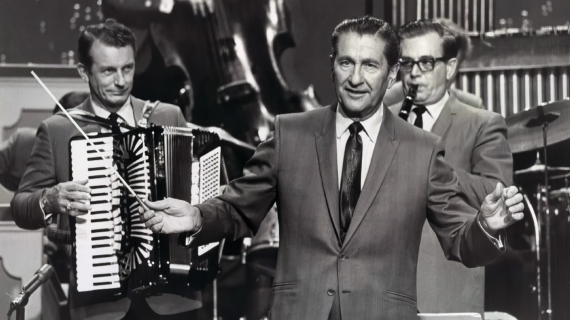
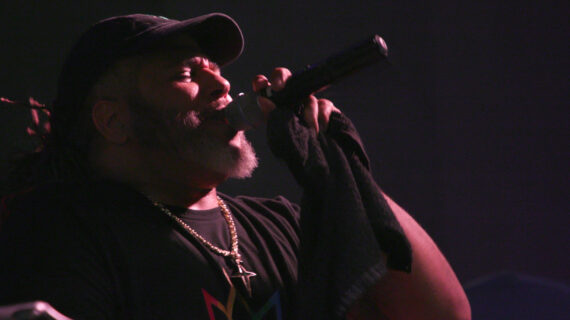

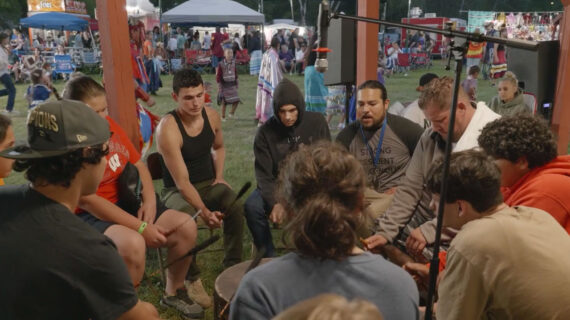


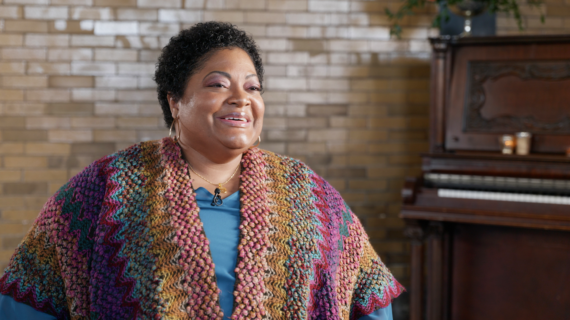
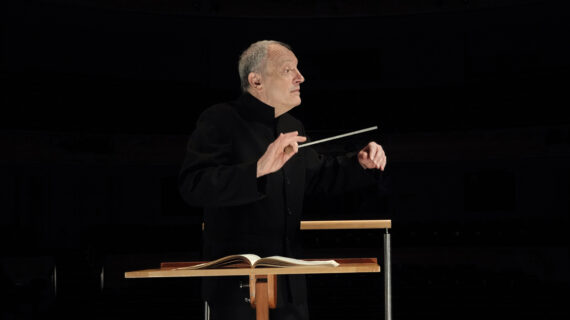
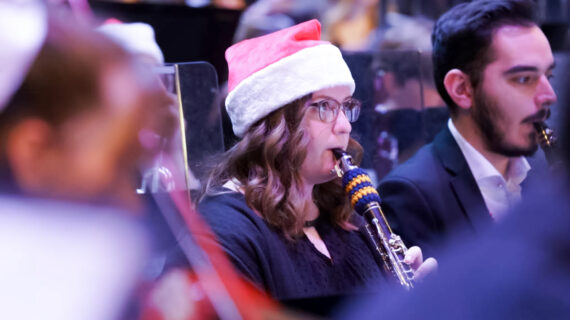
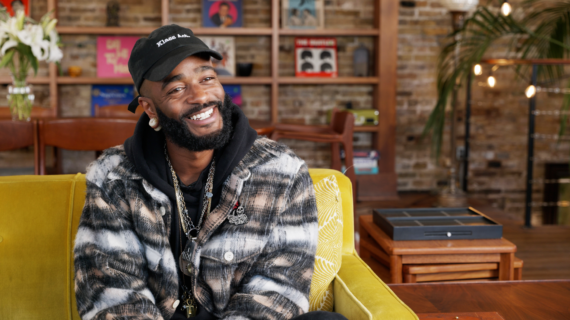



Follow Us